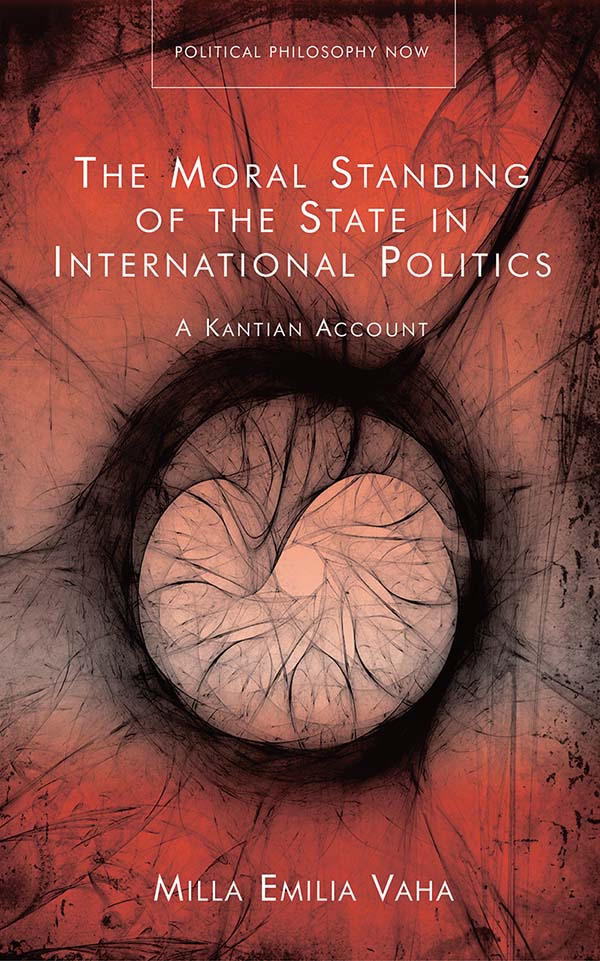The Moral Standing of the State in International Politics
A Kantian Account
Awdur(on) Milla Emilia Vaha
Iaith: Saesneg
Dosbarthiad(au): Philosophy
Cyfres: Political Philosophy Now
- Gorffennaf 2021 · 224 tudalen ·216x138mm
- · Clawr Caled - 9781786837868
- · eLyfr - pdf - 9781786837875
- · eLyfr - epub - 9781786837882
Bu athroniaeth foesol a gwleidyddol Kant yn bwysig wrth ddatblygu meddwl moesegol mewn Cysylltiadau Rhyngwladol. Mae’r astudiaeth hon yn dadlau bod ei ddamcaniaeth am y wladwriaeth yn hanfodol bwysig i ddeall pŵer moesol y wladwriaeth fel y caiff ei drafod mewn dadleuon cyfoes. I Kant, dadleuir bod gan y wladwriaeth nid yn unig ddyletswyddau, ond hefyd, yn ddadleuol, hawliau diymwad sy’n cysylltu ei pherthynas â’i dinasyddion ac â gwladwriaethau eraill. Yn bwysicach, mae gan y wladwriaeth - beth bynnag yw ei ffurf lywodraethol neu ymddygiad ffeithiol - hawl i fodoli fel gwladwriaeth. Mae’r Adroddiad Kantaidd a ddarperir felly’n archwilio nid yn unig y pŵer moesol ond hefyd safle moesol y wladwriaeth, gan edrych ar statws gwahanol fathau o wladwriaethau yng ngwleidyddiaeth y byd a disgwyliadau ynghylch eu hymddygiad moesegol. Mae gan bob gwladwriaeth safle moesol sy’n gorfod cael ei barchu mewn byd moesol amherffaith sy’n trawsnewid yn raddol at gyflwr delfrydol o heddwch parhaol.
Note on references and translations
Introduction
Chapter One: The Moral Standing Problem in the study of world politics
Chapter Two: Kant and the metaethical conception of the state
Chapter Three: As to what relations among human beings and states ought to be
Chapter Four: Rights and duties of the state
Chapter Five: Order and justice in the world of imperfect states
Chapter Six: On contested continuity of states
Conclusions
Bibliography


